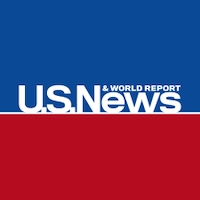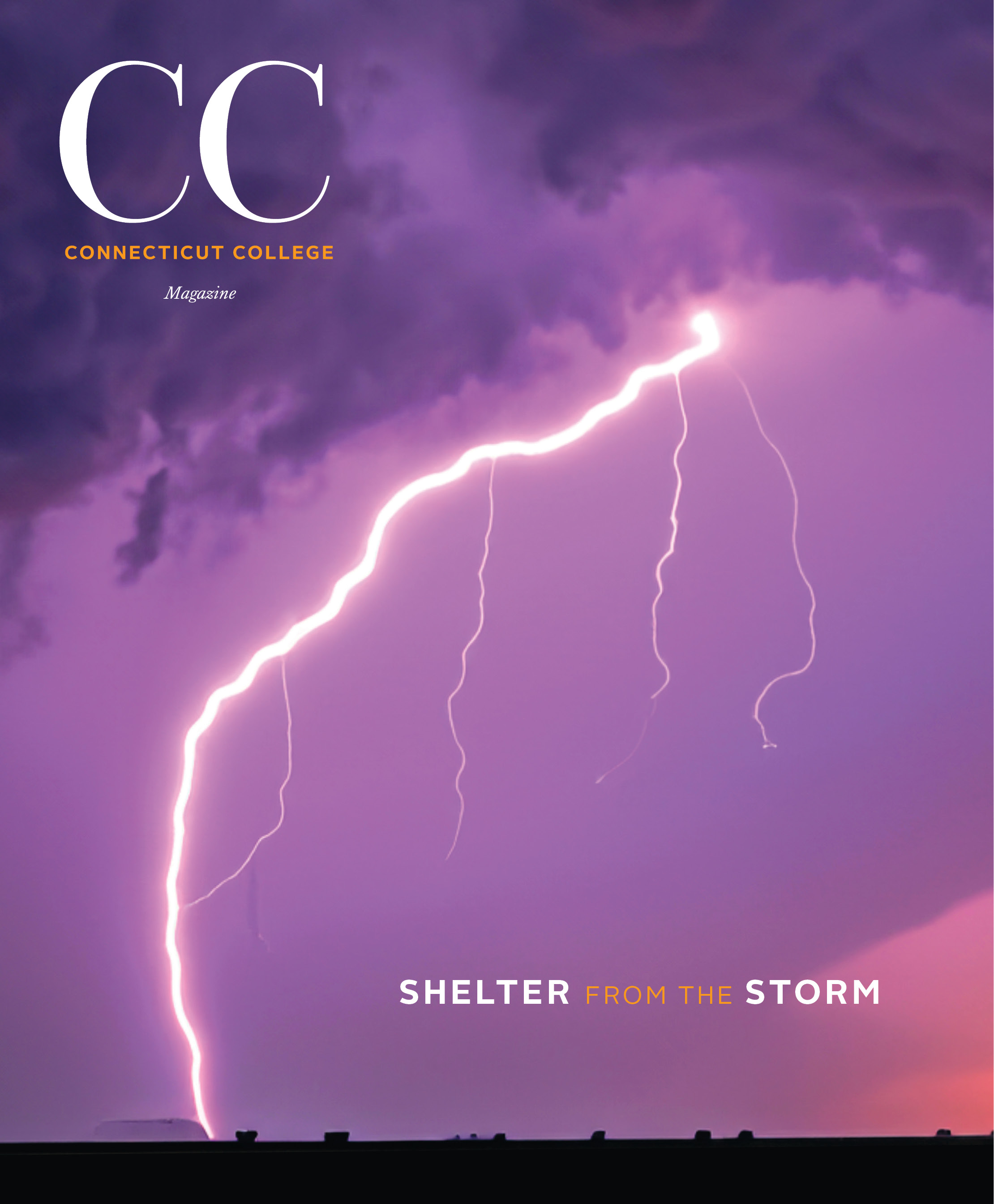
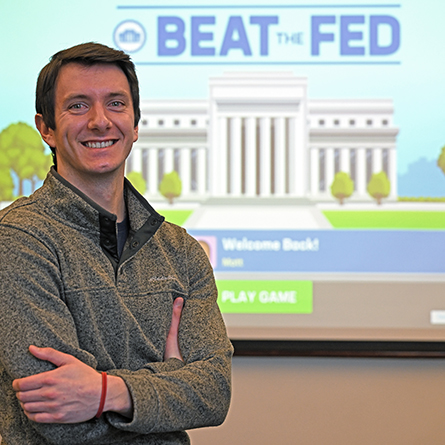
Beat the Fed: Matt Sambor ’22 is making macroeconomics fun
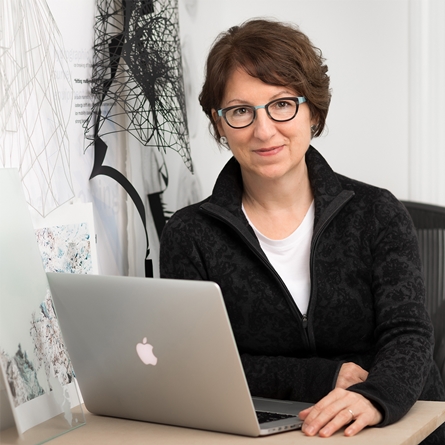
Connecticut Office of the Arts Awards Andrea Wollensak Grant for Excellence
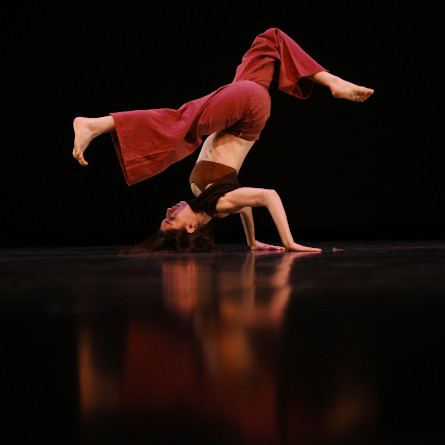
Dance students represent New England at the ACDA National College Dance Festival
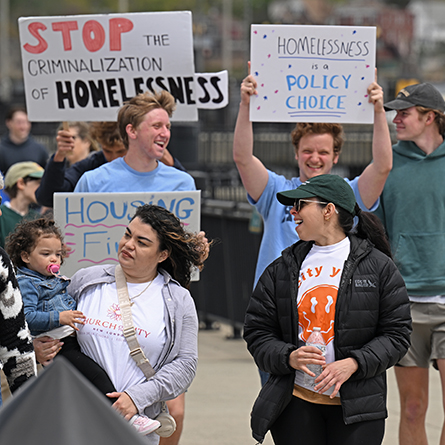
Walk to End Homelessness raises $60K

